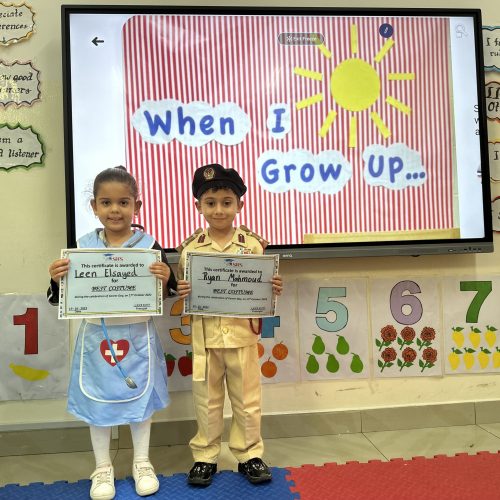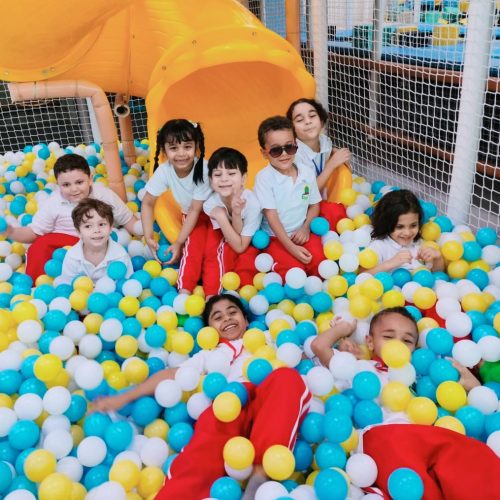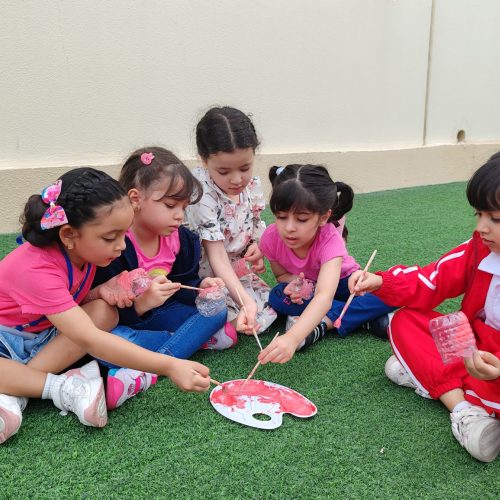
The first few years of children’s education are fundamental. This is the stage when it is a priority for children to develop positive associations with learning. The Early Years Foundation Stage (EYFS) framework, in accordance with the British National curriculum is renowned as one of the leading curriculums for young children. EYFS sets the UK national standards for the learning and development areas for children up to 5 years old with great emphasis placed upon delivering a broad and balanced curriculum.




